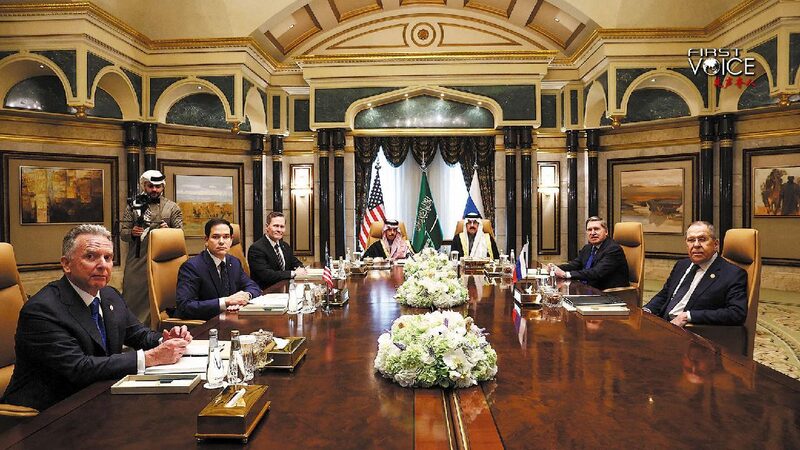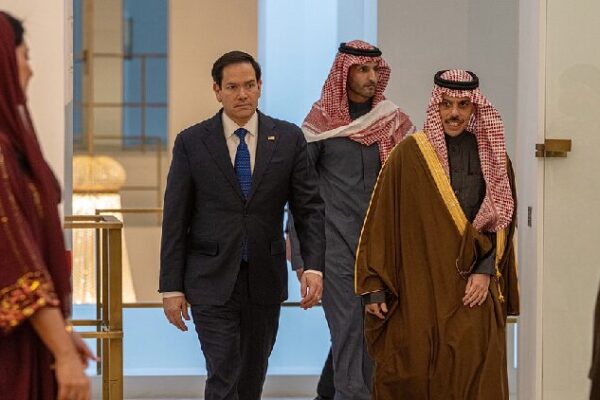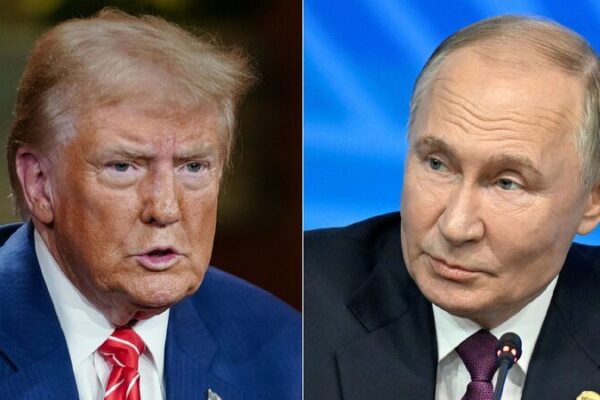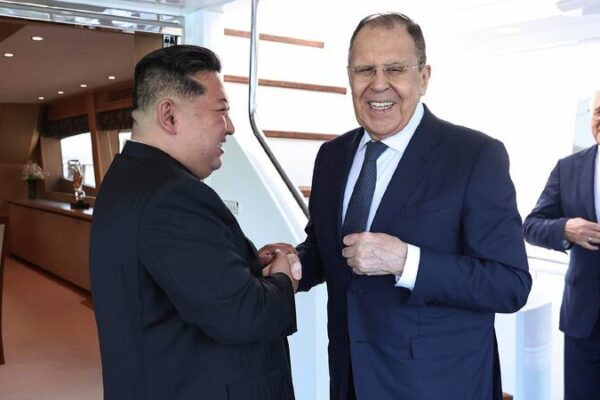In a surprising development, the United States and Russia have agreed to work together on a peace settlement for the ongoing conflict in Ukraine. After a lengthy meeting held in Saudi Arabia on Tuesday, both nations announced intentions to reset relations and explore new avenues for cooperation.
“We see incredible opportunities to partner with Russia both geopolitically and economically,” said U.S. Secretary of State Marco Rubio. “It’s time to move forward in a way that benefits both our nations.”
Russian Foreign Minister Sergey Lavrov welcomed the shift. “We weren’t just listening to each other; we understood each other,” he said. “I believe the American side is beginning to appreciate our positions.”
This signals a significant departure from previous U.S. efforts to limit Russia’s international influence following the crisis in Ukraine. Under President Donald Trump’s administration, there appears to be a pivot toward prioritizing American interests, even if it alters traditional alliances.
When questioned about Ukraine, which was not included in the talks, President Trump indicated that the conflict could have been avoided. He suggested that Ukraine “could have made a deal” to prevent the situation from escalating.
European allies, who have relied on U.S. support for shared security, are expressing concern over the unexpected shift. Tensions were already mounting before the conference, with U.S. Defense Secretary Pete Hegseth asserting that Ukraine’s goals of joining NATO and reclaiming lost territory were “not realistic.”
At the Munich Security Conference, U.S. Vice President J.D. Vance urged European nations to take more responsibility for their own defense, emphasizing internal challenges over external threats.
In response, several European political groups issued a joint statement: “Europe can no longer fully rely on the United States to defend our shared values and interests, including continued support for Ukraine’s sovereignty and territorial integrity. We must face this new reality and strengthen our joint European efforts in defense of Ukraine and European security as a whole.”
Analysts suggest that the Trump administration is prioritizing tangible benefits over longstanding alliances. Facing domestic issues such as inflation and unemployment, the administration appears eager to resolve the conflict in Ukraine, even if it means adjusting relationships with traditional allies.
There are indications that Russia is appealing to U.S. interests in economic opportunities, particularly in the energy sector. This potential for mutual gain seems to be influencing the new approach.
As these developments unfold, it is evident that President Trump’s America First doctrine is reshaping international relations. For the administration, national interests are taking precedence, signaling a new era in U.S. foreign policy.
Reference(s):
cgtn.com








